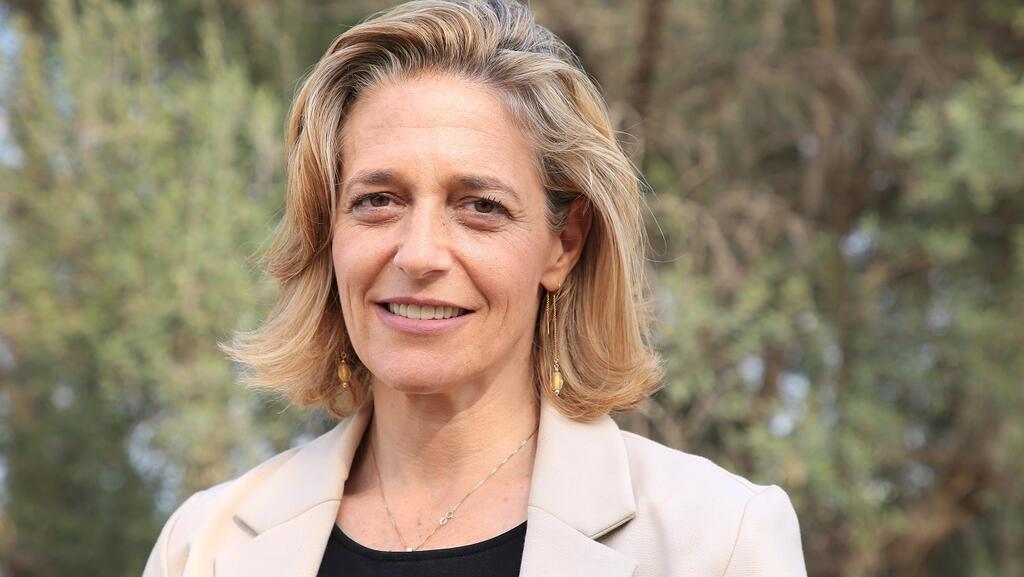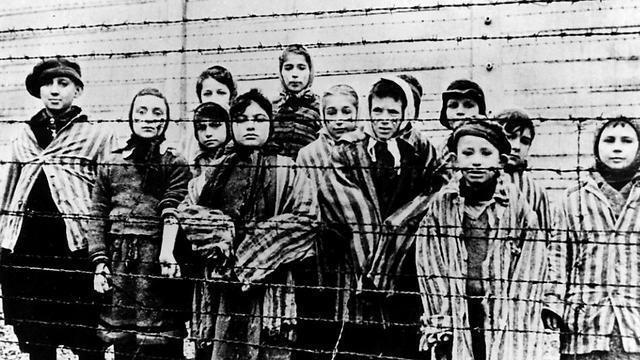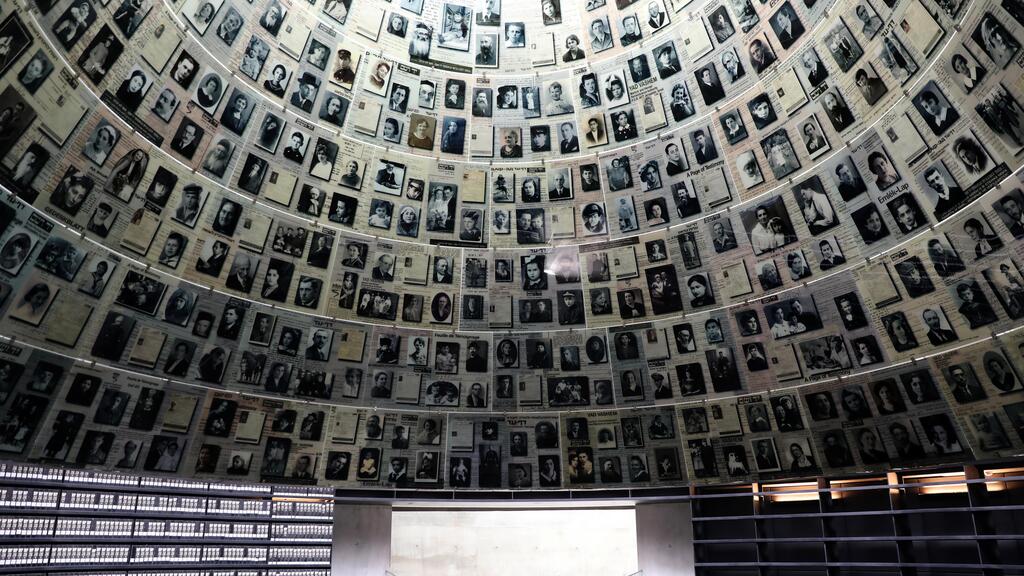We knew, we knew this was the one thing that was off limits. It had happened, and it was over. That's why we came to Israel after all, to establish our own state.
We were told to focus on the fact we have a country of our own. On the fact that Jews should live in the State of Israel and not anywhere else. To never be in this place again. That's what mother always said.
3 View gallery


Head of public health services at the Health Ministry, Dr. Sharon Alroy-Preis
(Photo: Ryan Frois)
My mother was a strong, smart, and determined woman. She was my whole world. She went through the Holocaust as a little girl. She lost her own mother when she was just four years old. She spent the first years of her life in the woods with the partisans, fleeing from one place to another to save her life.
I can’t even try to imagine that little girl, in the winter, in the cold, without clothes, without food, constantly fearing for her own life, surrounded by strangers.
But mom never talked about it. Her way of coping was to look forward, keep her head high, and be proud and stand tall. Always. You would never catch her in a moment of self-pity, giving in to depression, or faltering in the face of adversity.
Maybe it was because of what she went through as a little girl in the war. Maybe it gave her a different perspective on life’s more mundane adversities.
To me, though, it seems her strength came from somewhere else.
3 View gallery


An image of child prisoners taken at the Auschwitz death camp in Poland, 1945
(Photo: AP)
All those difficulties, those experiences, those memories that must have been there in the deepest recesses of her mind — closed in a box and put aside — and what was left is her being, her powerful self which always exclaimed "I will not be broken."
She made Aliyah at the age of 12 and caught up on all the education she missed out on during the war. She enlisted in the army, studied medicine and did her internship at a boarding school.
She marked what was important to her and achieved it, without fear, without ever giving up.
She started a family and wrapped us, her kids, in all the warmth and love she never received. She educated us to value excellence, courage, determination and Zionism. She loved this country. Even through difficult times. "We have no other country, this is our home," she’d teach us.
She always taught us to do our best, especially in school. The only thing she agreed we’d put no effort into was a 7th-grade assignment pertaining to our family tree. She never liked to dig out the past. She didn’t want to open that box. We never spoke about it, not even on her deathbed.
3 View gallery


An interior view of the Hall of Names at Yad Vashem Holocaust Memorial Museum in Jerusalem
(Photo: AFP)
I’ve been carrying this with me all these years, this painful and important place. That trauma can only be spoken of in the most respectful and sensitive manner.
There is a trend that has cropped up in Israel in recent years that I absolutely cannot fathom. The disrespectful and all too common evocation of the memory of the Holocaust.
Everything is being compared to the Holocaust and to the Nazis. Demonstrators protesting COVID-19 restrictions at the plaza under my house throw the word Holocaust into the air as if it were nothing. Everything they don’t agree with is being compared to the biggest tragedy in the history of humankind.
Some have even printed out pictures of me donning Nazi uniforms. How did we come to this? What twisted mind would do such a thing? Make such comparisons?
You want to protest, by all means. But why disrespect the lived experience of those who went through the Holocaust? We must treat the Holocaust as it should be treated, with deference. Let's honor the people who survived it. Let's honor the people who were there and are still among us. Let's honor their families.
Let's leave words like Judenstern, concentration camps, Nazis and extermination out of the public discourse. I would hate to live in a country where children equate anyone they disagree with to a "Nazi."
Against those who choose to continue spewing their bile, I will stand tall, proud and strong. I will continue caring for public health the best I can because that's what I learned from my mother.
Dr. Sharon Alroy-Preis is the head of public health services at the Health Ministry.

